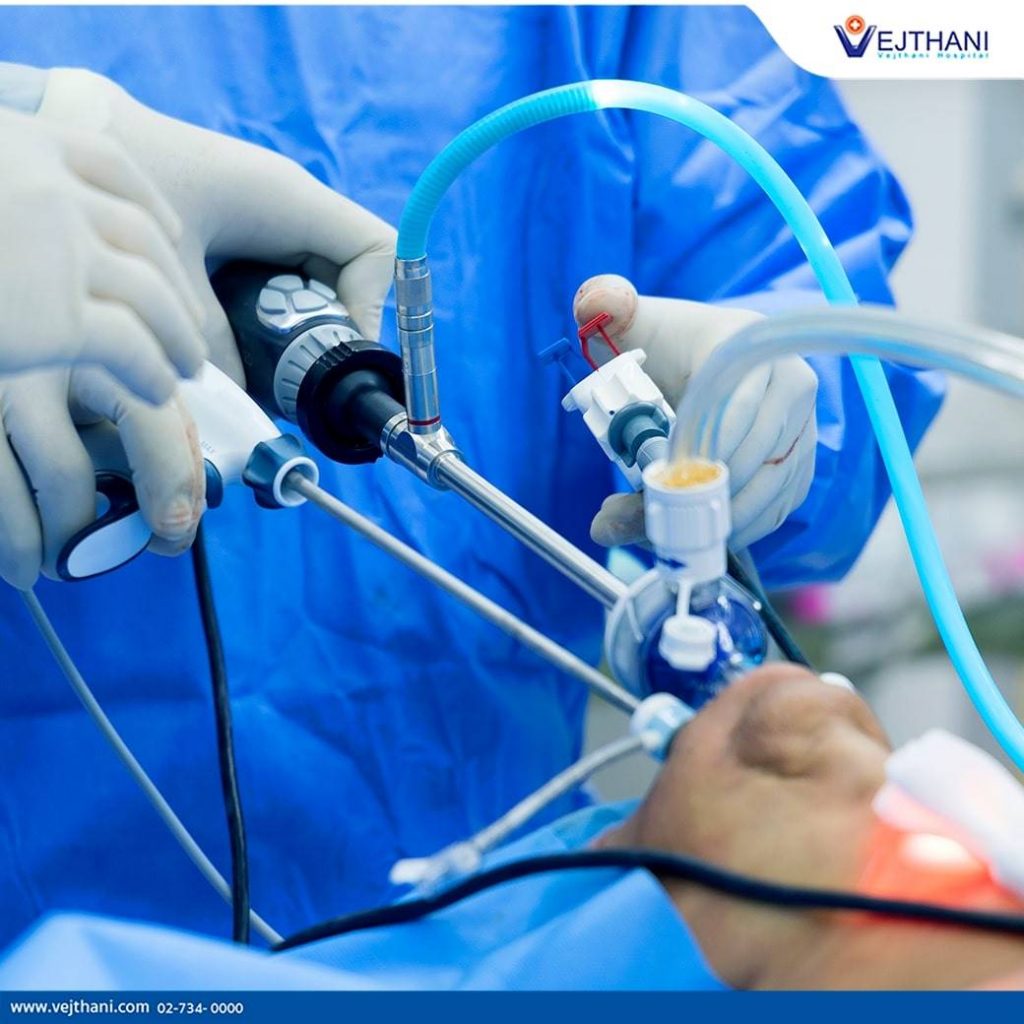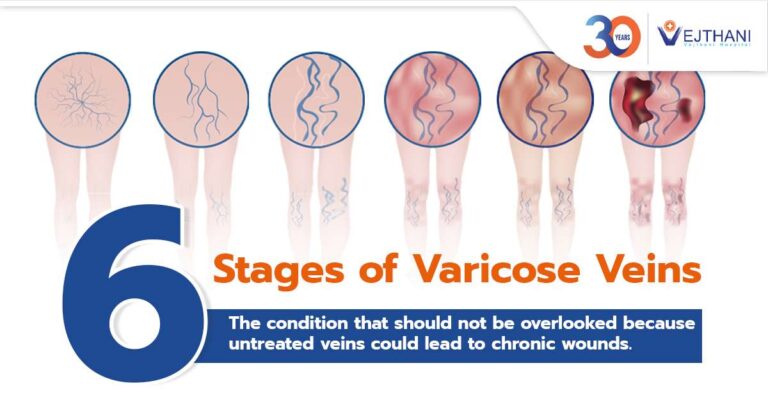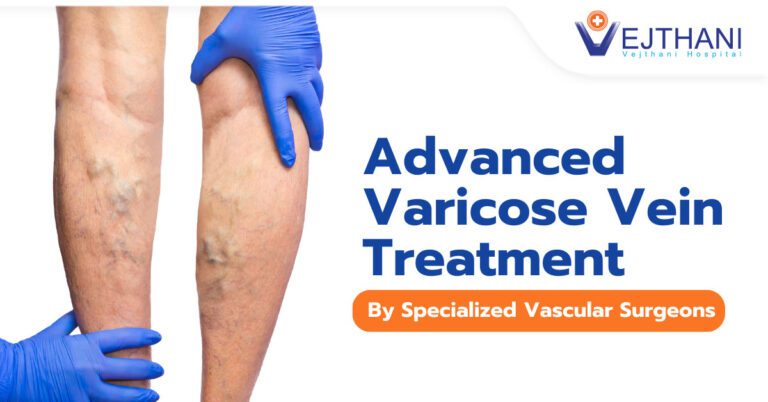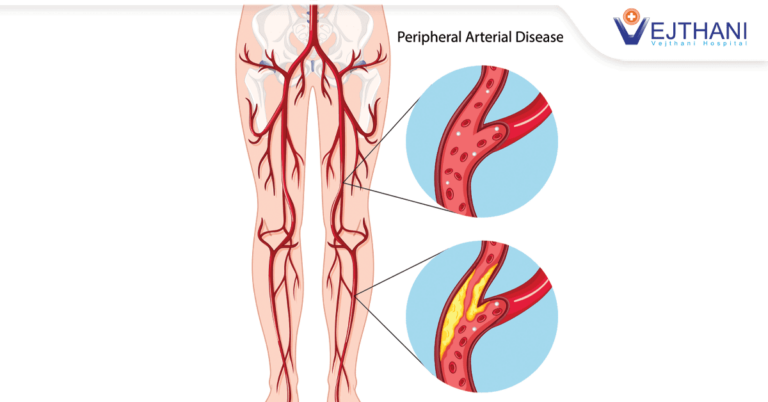
Health Articles
What You’ll Experience with Scarless Thyroid Surgery in Thailand


The thyroid is a large, hormone-secreting gland in the neck which regulates the body’s growth and development by controlling its rate of metabolism. However, the thyroid can develop some medical problems that require treatment.
Surgery is often the preferred method of treating the thyroid when the condition cannot be treated with medication. Medication may slightly help with some thyroid condition, leaving surgery as the only effective course of treatment
In the past, when people learned they needed thyroid surgery in Thailand, there was only one option, which, unfortunately, would always result in a visible scar. That’s no longer the case.
TOETVA Thyroid Surgery
The problem with surgery on such an exposed and thin-skinned area as the neck used to be that it left an unsightly scar. But doctors developed the TOETVA Approach to Thyroid surgery, and it has eased the scarring concerns of many thyroid patients.
TOETVA stands for Transoral Endoscopic Thyroidectomy Vestibular Approach. It relies on the use of an endoscope during the procedure, with the end result being a much less invasive surgical procedure that leaves no scars.
TOETVA thyroid surgery in Thailand is used in the treatment of:
- Thyroid cancer
- Thyroid nodule
- Thyroid mass under 10cm per side
- Hyperthyroidism
- Grave’s Disease
- Aesthetic concerns due to a goiter
- Symptomatic thyroid mass or a goiter
Preoperative Procedure
If you learn that you need thyroid surgery, you’ll first undergo a preoperative assessment that consists of a thyroid ultrasound. A fine-needle aspiration will be performed to determine the makeup of any large or questionable nodules. The next step in the preoperative procedure will depend on the results of the aspiration. In the case of a patient with a large goiter, CT imaging is often used to rule out any substernal extension. Those with thyroid cancer should also have an ultrasound performed of the lateral neck compartments so they can be evaluated for the presence of any metastatic disease. In addition, patients undergoing a thyroidectomy will need to have their vocal cord function evaluated and documented before the surgery.
TOETVA Thyroid Surgery in Thailand
Depending on the issue being treated, the TOETVA thyroid procedure should take between two to three hours. The patient will be lying on their back, facing up and sedated under general anesthesia, with an endotracheal intubation through the nasal cavity. The oral cavity is washed with 0.05% Hibitane in water just before the incision and after suturing to prevent any infection.
The surgery is accomplished by making three small incisions in the vestibular region of the oral cavity just below the lower lip. The vestibular area is the area between the lower lip and the lower gums.
These small incisions are used to insert a laparoscope and other instruments and will completely heal after the surgery. The laparoscope will provide a clear image of the laryngeal nerves, allowing the surgeon to preserve the nerves. The other nerve and gland that are avoided are the mental nerve and the Parathyroid Gland. The use of a laparoscope allows a much more refined approach to this delicate procedure and increases the precision of the surgery, thereby reducing any risks.
Recovery from Thyroid Surgery
After surgery, the patient can be discharged in as little as 2-3 days. They may experience a bit of discomfort in the vestibular area of the mouth, but this should disappear in a couple of days as the sutures begin to heal. The sutures may be completely healed within 7-10 days of the procedure and will no longer be visible after 2-3 weeks.
The patient should observe some precautions following surgery, including:
- Avoiding hard foods, chewing, and spicy foods which may irritate the throat. The patient should maintain a soft diet until advised by the doctor.
- Notifying the doctor immediately if they experience any prolonged coughing as it can trigger bleeding.
- Notifying the doctor immediately if the patient develops constipation because pushing too much can trigger bleeding.
- Notifying the doctor immediately if the patient experiences any difficulty breathing, numbness, bruising or has an increase in drainage.
If you feel that you have symptoms that indicate an ongoing problem with your thyroid, make an appointment at Vejthani Hospital. Our medical team can provide you with a complete diagnosis of your condition and tell you if your thyroid is the cause. If it is, and surgery is recommended, you’ll be comforted to know that Vejthani Hospital is one of the best providers of TOETVA thyroid surgery in Thailand.


























